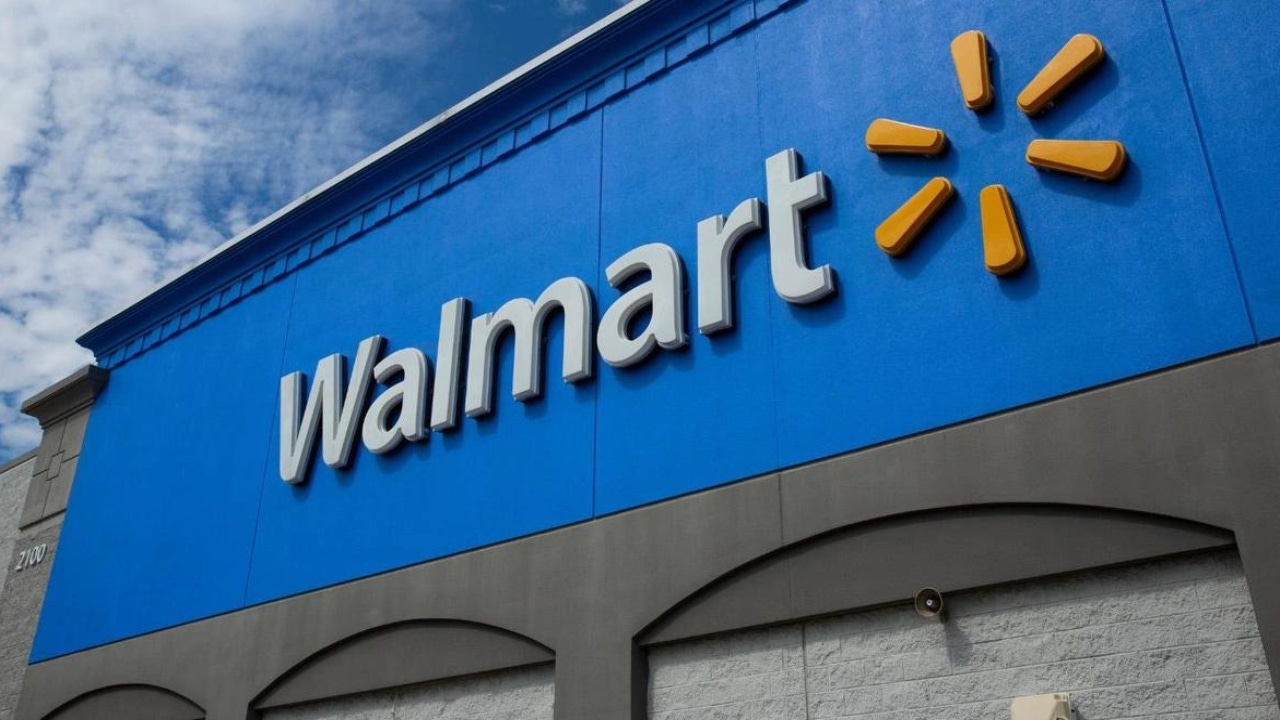Walmart tests body cameras on some workers in Dallas-Fort WorthWalmart tests body cameras on some workers in Dallas-Fort Worth
The retail giant said it’s a move to enhance employee safety, with no current plans for a national rollout

Walmart is testing body cameras on associates, the big-box retailer confirmed to Supermarket News on Thursday.
The tech is currently being tested in the Dallas-Fort Worth market, where Walmart has also piloted several other programs, including a cashierless Sam’s Club.
Walmart said the body cams are for worker safety, and a person with knowledge of the project told SN that no timetable has been set for how long the test will last. Currently, there are no plans for a national rollout.
“We’re always looking at new and innovative security technology used across the retail industry,” Walmart said in an emailed statement to SN. “This is a pilot we are testing in one market, and we will evaluate the results before making any longer-term decisions.”
According to a post on Reddit, the body cameras are slightly larger than those worn by police officers, and associates can either wear them like a necklace or attach them to their work smock.
Earlier this year, hourly retail security workers at TJ Maxx, HomeGoods, and Marshalls began using body cameras. Parent company TJX said the move was designed to prevent theft and protect workers.
TJX said body camera footage would only be provided to law enforcement.
The person with knowledge of the Walmart project stressed that the body cameras were meant only for worker safety.
Theft and worker safety have been top concerns for retailers nationwide.
A recent National Retail Federation survey indicated that 35% of U.S. retailers are looking into body cameras for their employees.
The NRF also surveyed asset protection specialists last year, and 90% said crime had become more of a risk over the last three years, with more shoplifters turning to violence.
Retailers are adopting other measures to prevent theft, including locking up certain products and removing self-checkout areas.
In May, Giant Food banned the use of large bags due to theft. The move follows Giant Food’s removal of many national brand health and beauty care products from its shelves at a store in Washington, D.C., replacing them with private-label brands.
Grocery chain Harris Teeter, also based in Washington, D.C., started requiring customers to show receipts before they exit the store this year. The Kroger-owned banner is also no longer allowing duffel bags, large backpacks, roller bags, and suitcases in the store.
New York has gone a step further to protect workers. In September, the Retail Worker Safety Act was signed into law there. The act requires corporate retail employers to adopt a violence-prevention plan and train workers on de-escalation and active shooters. Large employers must install panic buttons throughout the workplace.
The bill faced pushback from businesses, some of which argued that enforcement would lead to additional costs.
Assaulting a retail employee is now a felony in New York, and there is a tax credit for small businesses that increase security measures.
In May, the California Senate passed the Retail Theft Prevention and Safe Staffing Act, a bill that protects workers and the public by ensuring safe staffing levels at grocery and drug-retail stores and calls for better supervision of self-checkout machines. The General Assembly is still considering the measure.
Self-checkout often creates understaffed workplaces, which results in disrespect and bullying from customers, according to a report by the Shift Project at the Malcolm Wiener Center for Social Policy at the Harvard Kennedy School. The Shift Project studies the impact of work schedules, labor policy, and the service sector workforce in the U.S.
Other forms of tech are also being used to deter theft and streamline operations.
Checkout terminal manufacturer Diebold Nixdorf released tech that uses artificial intelligence at cashierless registers to reduce shrink, verify age for liquor sales, and speed up the process of buying products without barcodes.
The tech uses computer vision to detect whether shoppers deliberately fail to scan an item, accidentally add an item without scanning it, use false barcodes, or scan only one of several items.
About the Author
You May Also Like





.webp?width=300&auto=webp&quality=80&disable=upscale)
